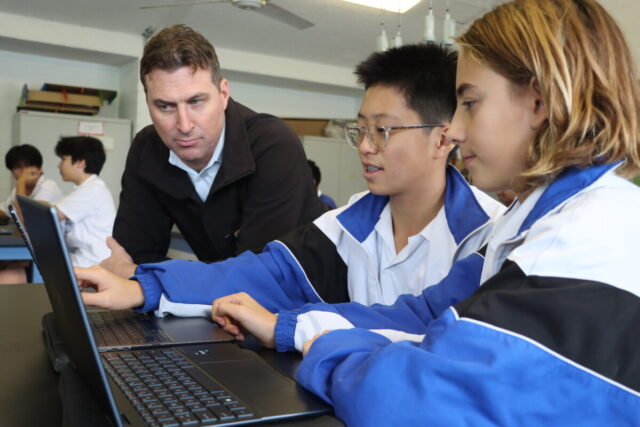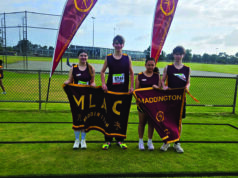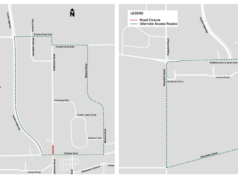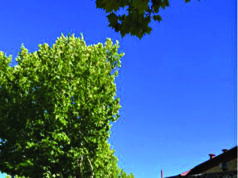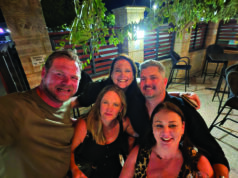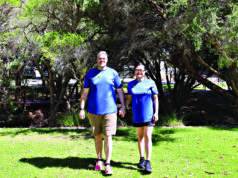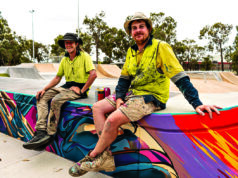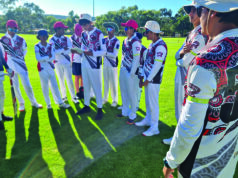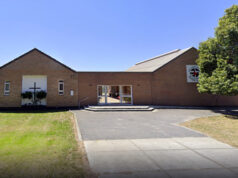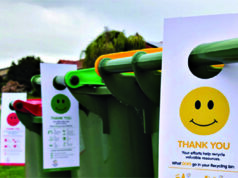Tech skills are becoming essential in the modern world, but knowing how to work with people is proving just as important.
In a Year 8 robotics class at Rossmoyne Senior High School, students are learning how to code and build circuits; but they’re also learning how to manage frustration, support each other, and solve problems as a team.
As part of the course, students complete tasks using programs like Grok and MyEdOnline. The projects are designed to challenge their thinking, but they’re also revealing something else: moments of collaboration, quiet persistence, and peer support.
Technologies teacher Brad Collett said the lessons often bring out more than just technical skills.
“Students encounter problems they haven’t seen before and sometimes struggle momentarily, and it’s during that struggle that they are making new connections through patience and persistence,” he said.
Mr Collett said some students naturally step into peer mentoring roles, helping classmates through difficult exercises. It’s a process he believes benefits both sides.
“I think students teaching other students is probably one of the best ways to learn, for both the student-teacher and the student-learner,” he said.
Year 8 student Kaia C. said the hardest part was not knowing where she had gone wrong in a task, but help often came from friends.
“I think the most challenging part of robotics is when I get something wrong and I don’t know what it is,” she said. “To deal with this, I usually ask my friends to compare our answers and see what I did wrong.”
She said that support in the classroom went both ways.

“Yes, I have helped my friends when they got stuck, and in return, they helped me,” she said.
“I’ve learned that asking a classmate for help can make a big difference. We can work through challenges together. I’ve also learnt that even if you get something wrong the first time, if you keep trying, you will eventually get it correct.”
Mr Collett said while technology can help students build confidence, it’s often the human interactions in the classroom that make the biggest difference.
“There are situations where students gain from technology a sense of mastery, through which they grow emotionally by gaining confidence, skill, and therefore a stronger sense of identity,” he said. “But the majority of growth still comes through human-to-human interaction.”
Associate principal Stephen Pountney said the focus on emotional skills wasn’t limited to tech subjects.
“A focus on emotional intelligence, along with other capabilities, is as important in STEM subjects as it is in any subject,” he said. “We want students to thrive as people, not just as learners.”
He said the school aimed to help students develop the language and understanding to reflect on their own growth; academically, socially and emotionally.


